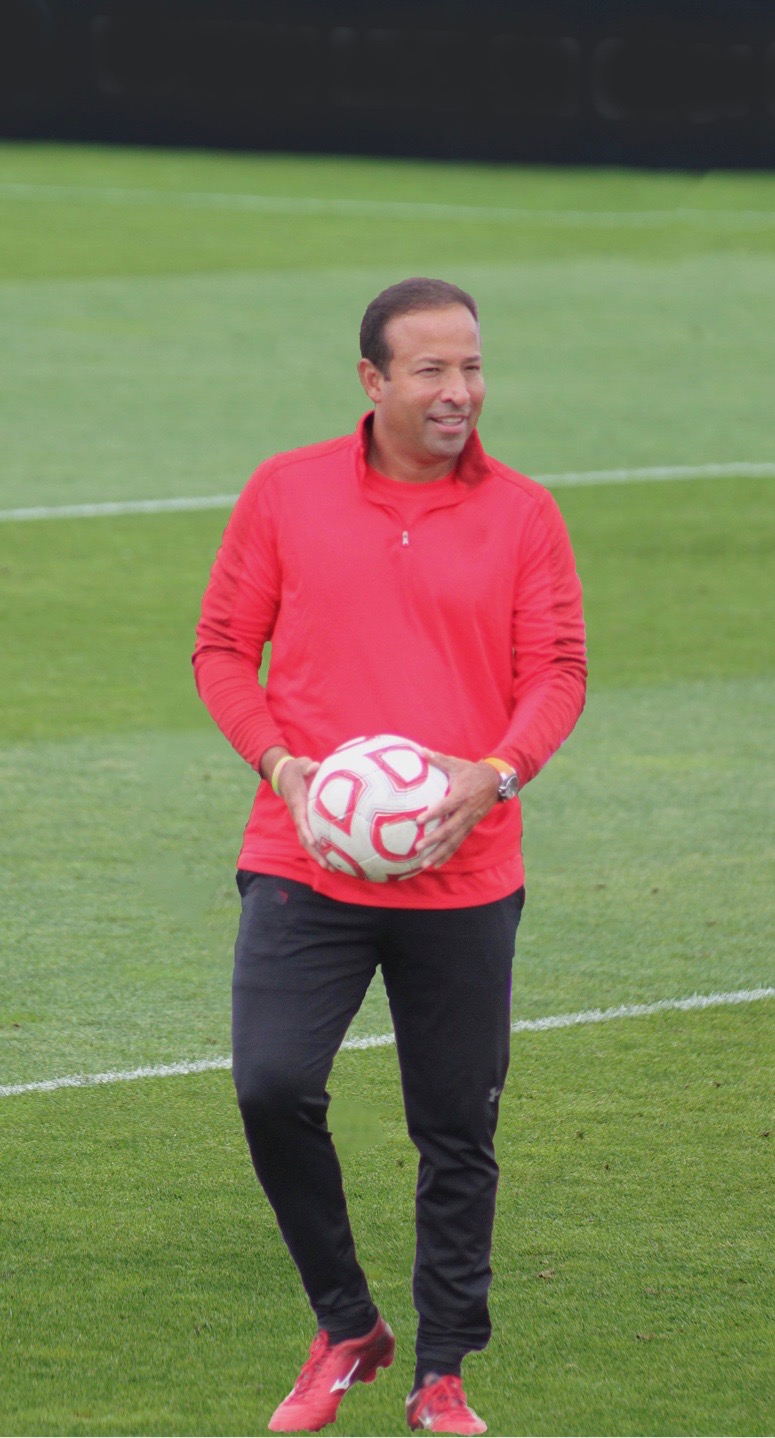Sport critical thinking
Today, young amateur athletes are raised to think to be the best & that life is about being happy.

By Zuriel Lozano, international keeper coach, MS Sport & Health Sciences, Mental Trainer, Speaker.
One of the most significant problems among most young soccer players today is that they can no longer think critically. Many of these athletes only expect coaches to tell them what to do. They depend solely on their coaches to do certain things on the field. However, when in those moments during training or challenging games where the athlete has to make critical decisions arise, they have no confidence to execute specific actions; thus, they second guess themselves, lose confidence, and cannot put on a solid performance during matches.
Go to a youth club soccer training and notice how they are training. Coaches will explain drills, and kids will do it exactly how they are told. If the young athletes miss a step or knock down a cone, then coaches usually tend to overcorrect, and in some cases, coaches will lose their patience.
However, here is where the confusion starts. In the coach’s mind, these drills are helping correct areas in their game or helping the athletes in their technical abilities. On the other hand, the young athletes only think of not messing up to avoid being called “bad.” These kids are not even thinking of improving; they only think about not making mistakes before the coach.
In a nutshell, these are the fundamentals of youth soccer training in America. This type of training has stripped young soccer players from analyzing and critically thinking on their own. In addition, this type of training is why so many athletes second-guess themselves and cannot find consistency in their game.
“Today, many young athletes are very reactive and not proactive during games. They react because they are not trained to problem-solve.” Zuriel Lozano.
How can coaches help young soccer players critically think and be more confident about their game?
A massive systematic change needs to occur to see actual results because most coaches get all of their training and “licenses” from the same sources such as YouTube, social media, or the US soccer certification classes. However, do not expect changes any time soon. Here is the good news, parents still have the power to change things for their kids and start at home.
Parents can help their kids by ensuring very young players enjoy playing the game. There is no reason why an 8-year-old needs to specialize in their sport. Children this young must learn from trial & error, but start by just letting them play as much as they want. No need to overcorrect nor stop the game to over-explain; just let them play. Parents must be aware and willing to stand up to a coach or club and tell them to let the kids play, especially if they are very young.

Last, as a parent, feel comfortable letting children fail. Stop rescuing the children every single time they are in trouble. As long as they are not physically in danger, a little embarrassment will not hurt them. It is OK to lose a game, and they do not always have to be the #1 at everything. Do not tell kids they are doing a good job when they are not doing great at all. These athletes know it, they know when others are beating them, and they are falling behind. Therefore, be honest with them.
Parents involved in youth soccer or any sports will soon see all kinds of inconsistency in their children’s club and training. However, the only thing that should NEVER be inconsistent is the love, care, and honesty they get at home, where everything starts. Home is the children’s safe zone, where they will be getting their best training for life.